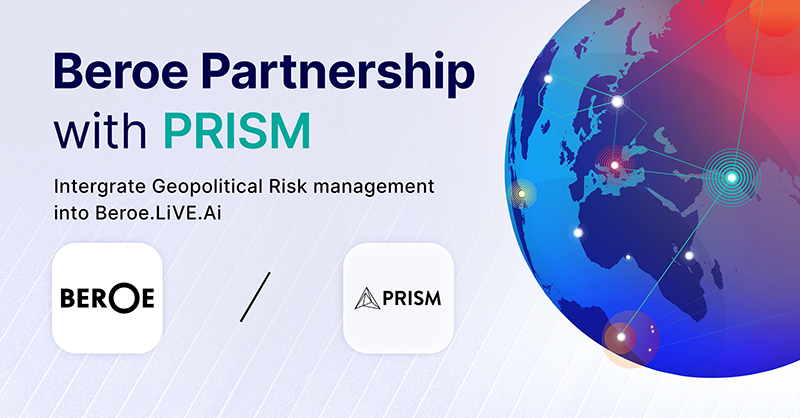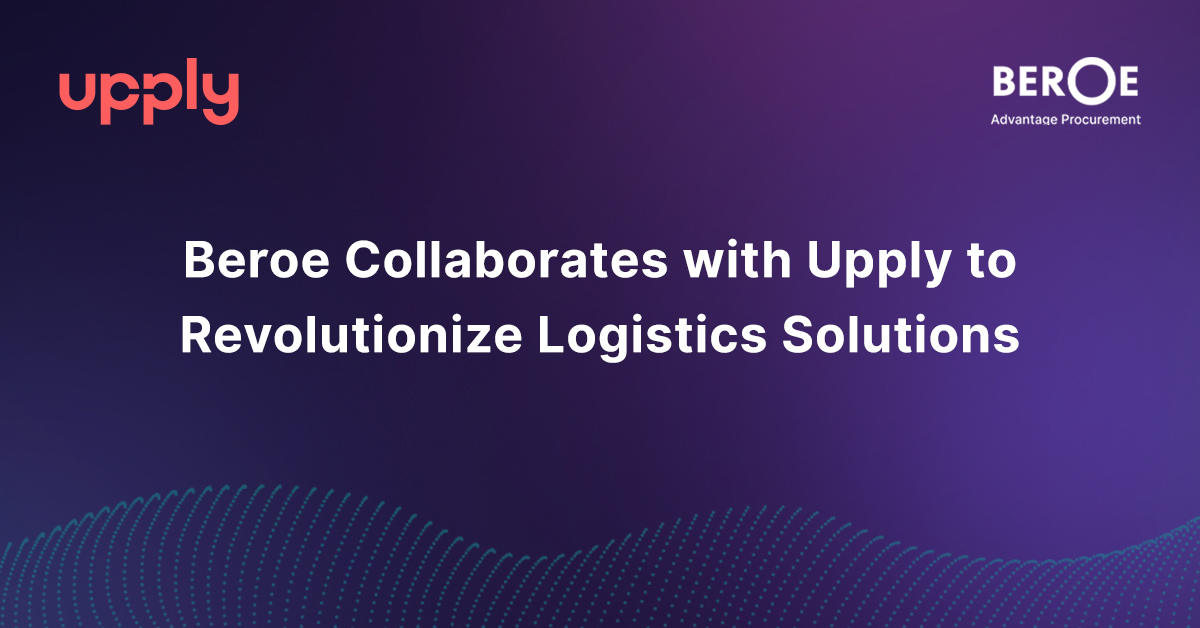Iron Castings Current Global Market Size is 80.66 MMT, Says Beroe Inc
Source: PR Newswire
RALEIGH, North Carolina, October 4, 2019 - The global market size for iron castings is expected to reach 82.97 MMT by 2020, growing at a CAGR of 2.5-3 percent, according to Beroe Inc., a procurement intelligence firm. Automobile and industrial machinery are the two major end-use industries driving the growth of the iron castings production market.
The US, China, India, Japan, and Germany are ranked as the top five iron castings producing countries with China contributing to 45–47 percent of the global production of iron castings and almost more than three times production of the US. The developed nations, such as the US, Germany have stringent environmental regulations, and hence, the foundries are likely to invest more on environment-friendly practices like recycling of sand, usage of silicate binder, etc.
https://www.beroeinc.com/category-intelligence/iron-castings-market/
Beroe, which is based in North Carolina, further stated that procurement experts can access this report on its recently launched market intelligence platform Beroe LiVE: live.beroeinc.com
Demand for agricultural machinery, transport equipment, and machine tools are expected to be a key growth driver for the iron castings market. Favorable government policies toward the auto industry in major production hubs have been instrumental in pushing the growth of this segment. Meanwhile, construction and mining equipment demand is expected to remain subdued. Key supply chain risks are price risk, quality risk, lead time and availability risk.
Emerging technologies such as 3D printing, sand binders, and material handling robots are making a significant impact on the iron castings mark. Identifying suppliers with high levels of automation will enable high quality and consistency and can offset the labor cost. Most of the OEMs are now procuring the raw materials on behalf of their suppliers so that savings can be redeemed on while purchasing finished components.
Key Findings:
- Material is the major cost driver for the iron castings, which include direct materials like pig iron, ferrous scrap, etc., and indirect materials, such as sand, and resins. The cost structure of iron castings depends 26-44 percent on direct materials, 11-20 percent on indirect materials, 5-24 percent on labor, and 9-15 percent on energy.
- There is high growth potential until 2020 for outsourcing auxiliary processes and the availability of skilled labor in developing markets is also expected to increase in the same period along with the output per plant.
- Suppliers compete by offering various additional services and differentiate themselves amongst peers on cost and product quality. Having a number of levels in the supply chain can lead to longer lead times and higher total costs, however, the costs can be reduced by choose suppliers with integrated machining and surface treatment facilities.
- The major players in the market are Weichai Holding Group Co., Ltd., Waupaca Foundry, Hinduja Foundries, Hitachi Metals, and G. Siempelkamp GmbH & Co. KG.
- While automation helps in quality control and reduces operation costs, the initial investment for automation remains a concern for the small and medium scale foundries. CIMEE has been involved in developing low-cost automation technologies.
The research methodology adopted for the report included:
- Experts with twenty years of domain experience
- Interaction with buyers
- Inputs from supply chain partners
Generally, two types of contracts are followed in the iron castings industry. The contract structure varies from one-time-order to yearly contract or long-term contracts based on client requirements. The price revision happens monthly based on the price rise or drop by more than 5 percent in the case of long-term contracts. In a one-time-order, the price remains constant from the date of order to the date of delivery.
The report also includes:
Market Analysis:
- Global Iron Castings Market Maturity
- Global Iron Castings Industry Trends
- Regional Market Outlook
- Porter’s Five Forces Analysis: Developed Global
Supply Analysis:
- Key Global Iron Castings Suppliers
- Key Global Supplier Profile
- Supplier SWOT Analysis
- Supplier Financial Performance Indicators
Cost and Pricing Analysis:
- Cost Structure
- Cost Drivers: Raw Materials, Electricity, and Labor
Procurement Best Practices:
- Contract Structure
- Emerging Technologies: Pros and Cons
- Industry Best Practices
About Beroe Inc.:
Beroe is the world's leading provider of procurement intelligence and supplier compliance solutions. We provide critical market information and analysis that enables companies to make smart sourcing decisions—leading to lower costs, greater profits and reduced risk. Beroe has been providing these services for more than 13 years and currently works with more than 10,000 companies worldwide, including 400 of the Fortune 500 companies.
To learn more about Beroe Inc., please visit: http://www.beroeinc.com
Media Contact:
Rob McMurtrie
rob.mcmurtrie@beroe-inc.com
Related News
View all
Beroe Makes Strategic Investment in Forestreet, Strengthening AI Capabilities and Driving Procurement Intelligence Innovation

Beroe introduces on-demand geopolitical risk analysis through PRISM enabling C-Suite to protect against ongoing supply chain disruptions
